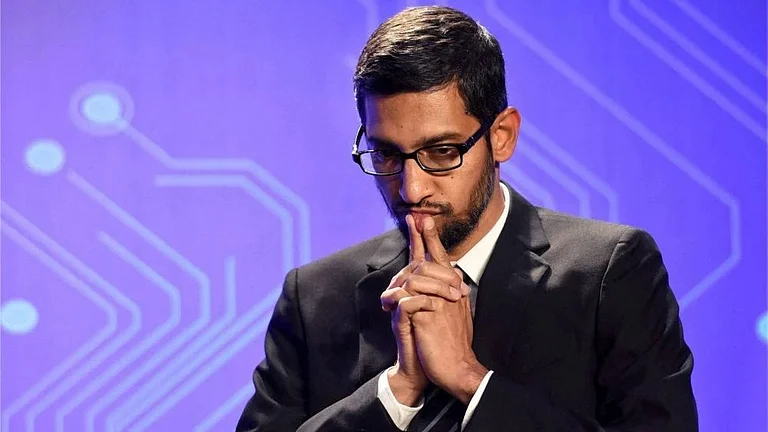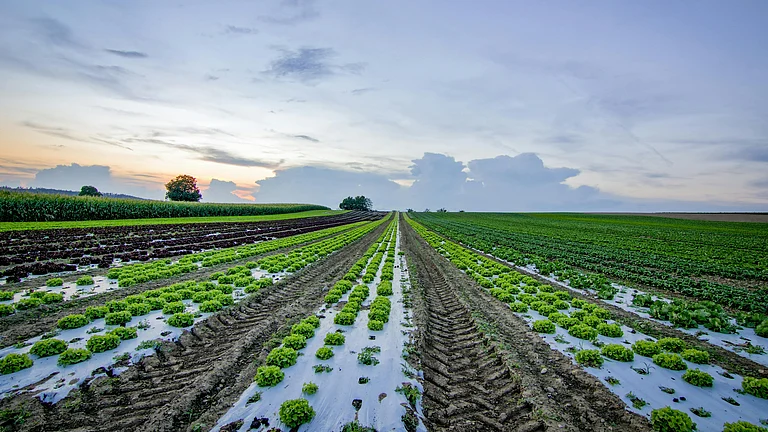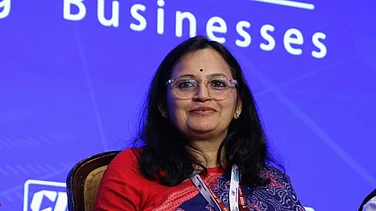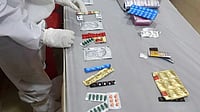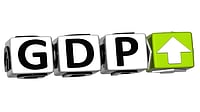Concerned over irregularities in the biostimulant market, Agriculture Minister Shivaraj Singh Chouhan on Tuesday said the government will not allow the sale of such products without scientific approval.
In a review meeting, Chouhan pulled up the ministry and ICAR officials for watching with closed eyes the rising sale of biostimulants amid farmers' complaints about their quality and ineffectiveness.
The minister directed his ministry officials to permit the sale of those biostimulants which are effective in the farm field and meet the quality parameters, according to an official statement.
He also directed ministry officials to prepare a standard of procedure (SOP) by setting rules and regulations.
"Now, permission will be given only after it is scientifically approved and the entire responsibility for this will be with the concerned officials," he said.
Biostimulants are substances or microorganisms (such as beneficial bacteria, fungi, or plant extracts) that, when applied to seeds, plants, or soil, stimulate natural plant processes.
Expressing concern over irregularities in the sector, Chouhan said biostimulants have been sold in the country for many years and the permission period for the sale is being extended one year after another, but many times complaints come from the field that there is no benefit from it, still it is being sold.
"It is necessary to review biostimulants thoroughly to see how much benefit the farmers are getting from it; if not, then permission to sell it cannot be given," Chouhan said.
Thousands of companies started selling biostimulants without any rules, but the government will not let this happen at any cost, he said.
The government will take action against suspicious manufacturers of biostimulants, he noted.
Currently, there is a comprehensive regulatory framework for biostimulants through amendments to the Fertiliser (Inorganic, Organic or Mixed) (Control) Order, 1985 (FCO), with recent updates in 2024 and 2025.
The biostimulants market in India was valued at approximately USD 355–362 million in 2024 and is projected to reach between USD 1.13 billion and USD 1.2 billion by 2032.











